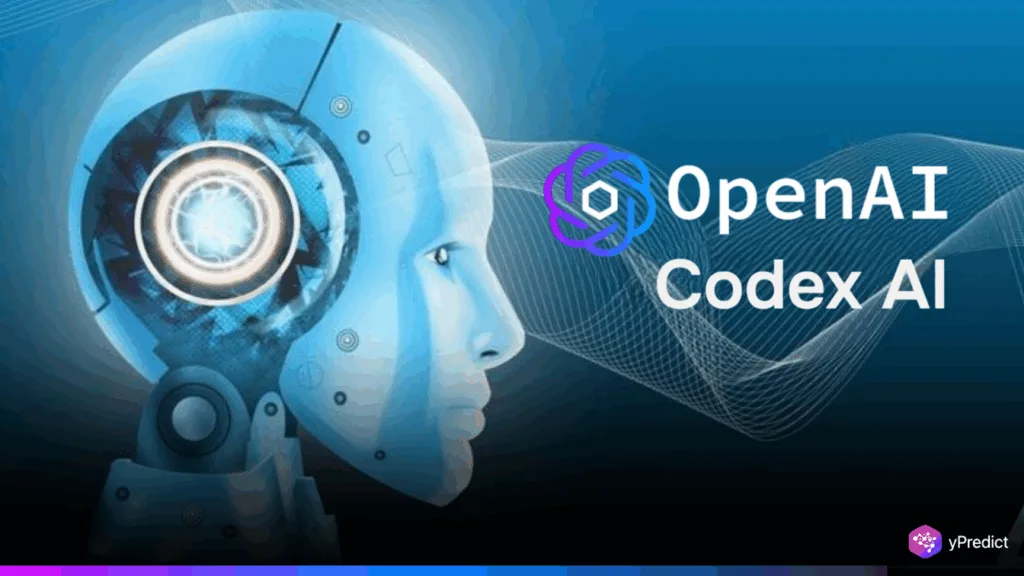
OpenAI has once again made headlines with the launch of Codex, a powerful AI software engineering agent now integrated into ChatGPT, marking a major ChatGPT update and a new chapter for developers worldwide. This latest OpenAI news signals a leap forward in the automation of coding tasks. Codex aims to reshape how software engineers build, test, and maintain softwares.
A New Era for Developers: Codex Arrives in ChatGPT
Unveiled on Friday, Codex is powered by the advanced Codex-1 model, a streamlined version of OpenAI’s o3 AI reasoning system. Unlike traditional chatbots, Codex is designed as an autonomous agent capable of handling multiple software engineering tasks simultaneously. From generating new features to fixing bugs, answering codebase questions, and running iterative tests, Codex aims to be a virtual teammate for developers, freeing them from repetitive work and accelerating project timelines.
Codex operates in a secure, cloud-based sandbox, integrating seamlessly with GitHub and preloading users’ repositories for efficient workflow. Developers can assign tasks by simply typing prompts and clicking the ‘Code’ button, while Codex provides real-time feedback and progress updates. This ChatGPT update is available first to Pro, Enterprise, and Team subscribers, with broader access planned for Plus and Edu users soon.
Sam Altman: “AI Agents Will Transform Work”
OpenAI CEO Sam Altman has been vocal about the profound impact AI agents like Codex will have on the workforce. At TED 2025, Altman described the company’s extraordinary growth, noting that ChatGPT now boasts 800 million weekly active users. He emphasized, “I have never witnessed growth like this in any company, whether I was involved or not,” highlighting the surging demand for advanced AI tools.
Altman’s vision for OpenAI extends beyond chatbots. In his own words, “We believe that, in 2025, we may see the first AI agents ‘join’ the workforce and materially change the output of companies.” Codex, he says, is a step toward that future, where AI not only assists but actively collaborates with human engineers to drive innovation and productivity.
Codex also underscores a commitment to safety and ethical use. Codex runs in an air-gapped, virtual environment with no access to the broader internet or external APIs. This minimizes the risk of data breaches. The agent is programmed to refuse requests to develop malicious or unethical software, which aligns with OpenAI’s responsible AI principles.
Codex to Boost OpenAI Monetization
The rollout of Codex is part of OpenAI’s broader strategy to monetize its AI technologies. This way, they can continue offering developers powerful tools while generating new revenue streams. The company is reportedly considering further expansion, including the potential acquisition of other AI-enhanced programming tools. The rapid developments cement its leadership in the AI-driven software development space.
What’s Next for ChatGPT
With Codex, OpenAI is not just updating ChatGPT, it is redefining what’s possible in software engineering. As Sam Altman continues to steer the company through rapid growth and technological breakthroughs, the industry watches closely. This OpenAI news marks a pivotal moment: the dawn of AI agents as indispensable partners in the world of code.






